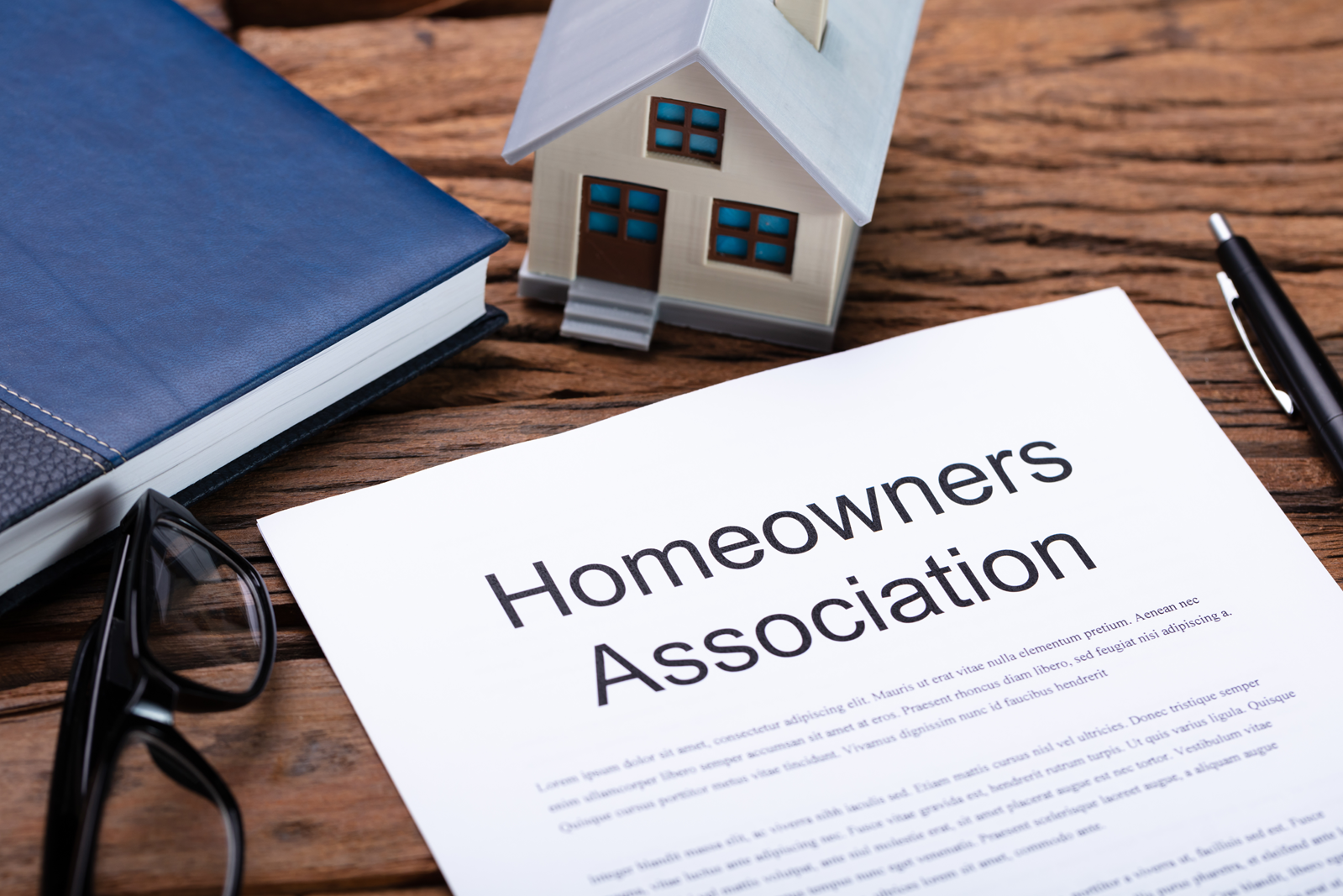
Construction Liens – Fraudulent Liens
What is a fraudulent lien and what are the consequences of filing a fraudulent lien?
Under Florida Statutes 713.31(2)(a), a fraudulent construction lien is any lien in which the lienor has willfully exaggerated the amount of the lien or in which the lienor has willfully included a claim for work not performed or materials not furnished for the property or in which the lienor has compiled his or her claim with such willful and gross negligence as to amount to a willful exaggeration. Such a lien will be declared unenforceable. However, a minor mistake or error in a claim of lien, or a good faith dispute as to the amount due does not constitute a willful exaggeration that operates to defeat an otherwise valid lien.
An owner, contractor, subcontractor, or sub-subcontractor who suffers damages as a result of the filing of the fraudulent lien, has a right of action for damages caused by the fraudulent lien. The prevailing party in an action to declare a lien fraudulent may recover reasonable attorneys’ fees and costs. If the lienor who files a fraudulent lien is not the prevailing party, the lienor shall be liable to the owner or the defrauded party who prevails in the action for damages, which include court costs, clerk’s fees, reasonable attorneys’ fees and costs for services in securing the discharge of the lien, the amount of any premium for a bond given to obtain the discharge of the lien, interest on any money deposited for the purpose of discharging the lien, and punitive damages in an amount not exceeding the difference between the amount claimed by the lienor to be due or to become due and the amount actually due or to become due.
Under Florida Statutes 713.31(3), any person who willfully files a fraudulent lien commits a felony of the third degree. A state attorney or the statewide prosecutor, upon the filing of an indictment or information against a contractor, subcontractor, or sub-subcontractor, which charges such person with a fraudulent lien must forward a copy of the indictment or information to the Department of Business and Professional Regulation. The Department of Business and Professional Regulation must open an investigation into the matter, and if probable cause is found, must furnish a copy of any investigative report to the state attorney or statewide prosecutor and to the owner of the property which is the subject of the investigation.
